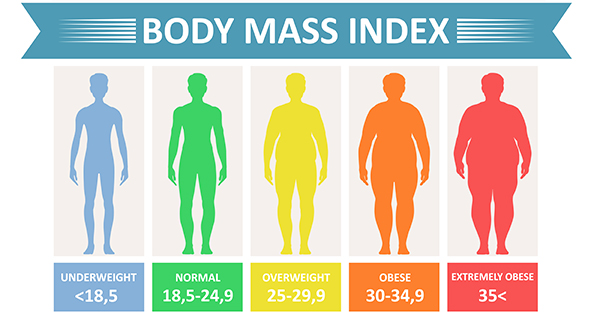Weight Management

Weight Management
Weight management includes the techniques and physiological processes continue to a person’s ability to attain healthy lifestyle and maintain a certain weightBMI (Body mass index) should be 18 – 24 that is normal.


|
TYPES OF WEIGHT
|
|
DEFINITION |
OVERWEIGHT Overweight and obesity are defined as abnormal or excessive fat accumulation that may impair health. Overweight is when bmi is above 25. |
UNDERWEIGHT Underweight is when body mass index (bmi) is below 18. |
|
CAUSES |
|
|
|
HEALTH CONSEQUENCES |
|
|
